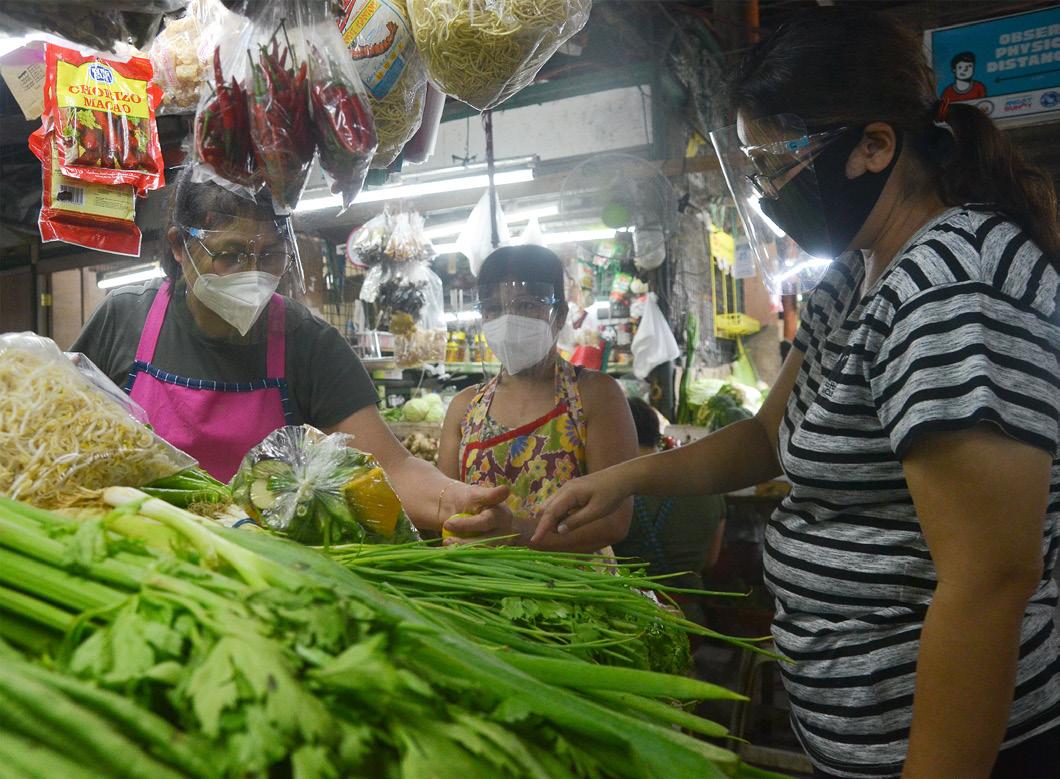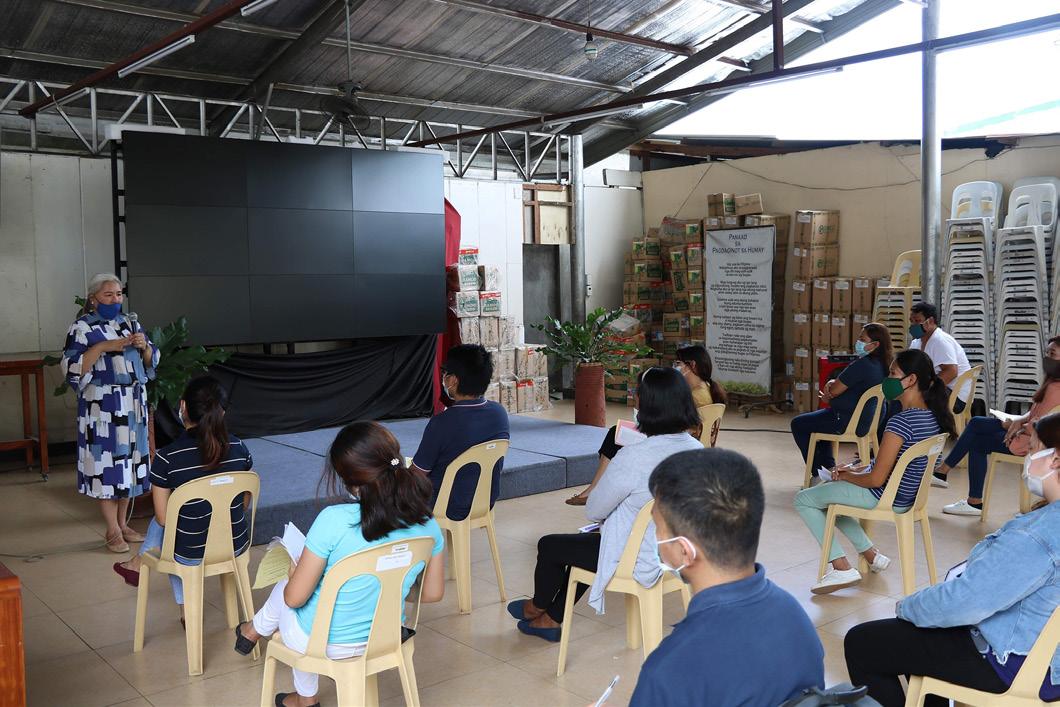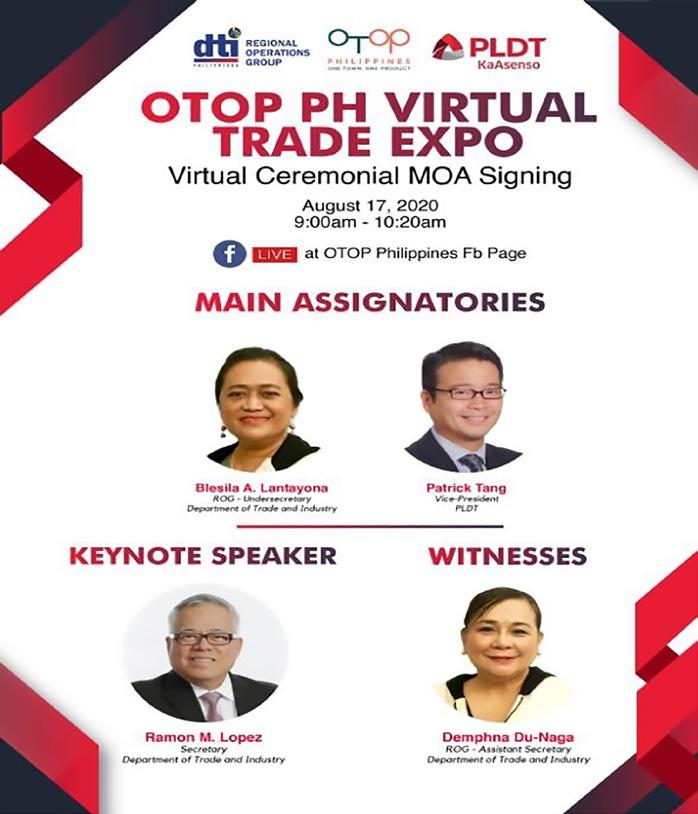
3 minute read
As for Covid-19, SPMC
CRIMINOLOGIST’S PERSPECTIVE
BLENDED AND FLEXIBLE LEARNING SCHEMES
Advertisement
By DR. OSCAR GATCHALIAN SORIANO, LC BSCrim., MSBA, MACrim., PhDCrim., DPA & DEM (IP) MDN National Correspondent & Columnist Dean, Criminology Department, College of Subic Montessori Brgy. Sta.Isabel, Dinalupihan, Bataan
THE opening of the country’s tertiary education are forthcoming, while the basic education, that is, from elementary to senior high school, most likely in the public education institutions was moved on the 5th day of October 2020, although private basic educations institutions were given the leeway to open on the 24th of August 2020, depending on the prevailing situation and condition of the respective localities where they are situated, plus the highest degree of health protocols that are required in observing a blended and flexible learning schemes through synchronous, asynchronous, and limited face-to-face discussions.
Prior to this schemes, the Philippine education, irrespective of levels are observing a fully traditional modes
of face-to-face classes, either basic education, or board or non-board programs at the tertiary level. However, all of a sudden because of the threatening implications of the world-wide pandemic Corona Virus-19 to the physical health, not only of the students at the different levels, including teachers, and the rest of the people of the world. The educational sector of the country has forced itself to embark into a new blended and flexible learning schemes via the use of the internet, coupled with limited face-to-face discussions.
Corollary to this, are the minus factors that I am thinking in observing the blended and flexible learning scheme or distance learning strategies in animated audio-visual presentations through mp4 format by using the social media. As I have watched in the social media, most of the targets of these schemes and strategies are the marginalized students. For me, that

is next to impossible, these students are not capable of having the information technology at their disposal to be used for the purpose, being marginalized. Moreover, it is coupled with the problems with regard to the capability and ability of the resource persons tasked to deliver, so to speak of their preparations? That is big NO, they do not also have the reference materials. What makes the situation worsts are the lack of accessibility to, and/or connectivity to Internet of both teachers and students.
They have to still go to SUCs, LUCs & HEIs’ libraries. Sad to say, the libraries do not have abundant books, and reference materials, especially in the various subjects in the revised curriculum. What will happen now? Because want we want are to join the bond-wagon relatively with the phenomenon, we are forcing ourselves to embrace such a schemes or strategies. See BLENDED, page 8
LGU San Roque pushes for food sufficiency amid COVID-19 pandemic
By AILENE N. DIAZ
CATARMAN, Northern Samar, Aug. 22 (PIA) -- Mayor Don Abalon of San Roque, Northern Samar pushes for food sufficiency for his constituents as he discussed the town’s initiatives in an interview with PCOO Secretary Martin Andanar during the Laging Handa, Network Briefing.
The town of San Roque’s food sources he said, came from Luzon, Cebu and other parts of the country.
“For one year, we need 103,000 kilos of assorted vegetables, that is 8,000 per month. There are some locally-produced but it is not enough to cover the needs of the people,” said Mayor Abalon.
To meet that target need, the LGU initiated the program “Bahay Kubo,” to plant and produce the 18 varieties of vegetables included in the song.
Corollary to the Bahay Kubo is the COVEGE-20 program for his constituents who have no lot to plant. This is a backyard gardening catering two sectors, the 4Ps or the beneficiaries of See FOOD, page 9









